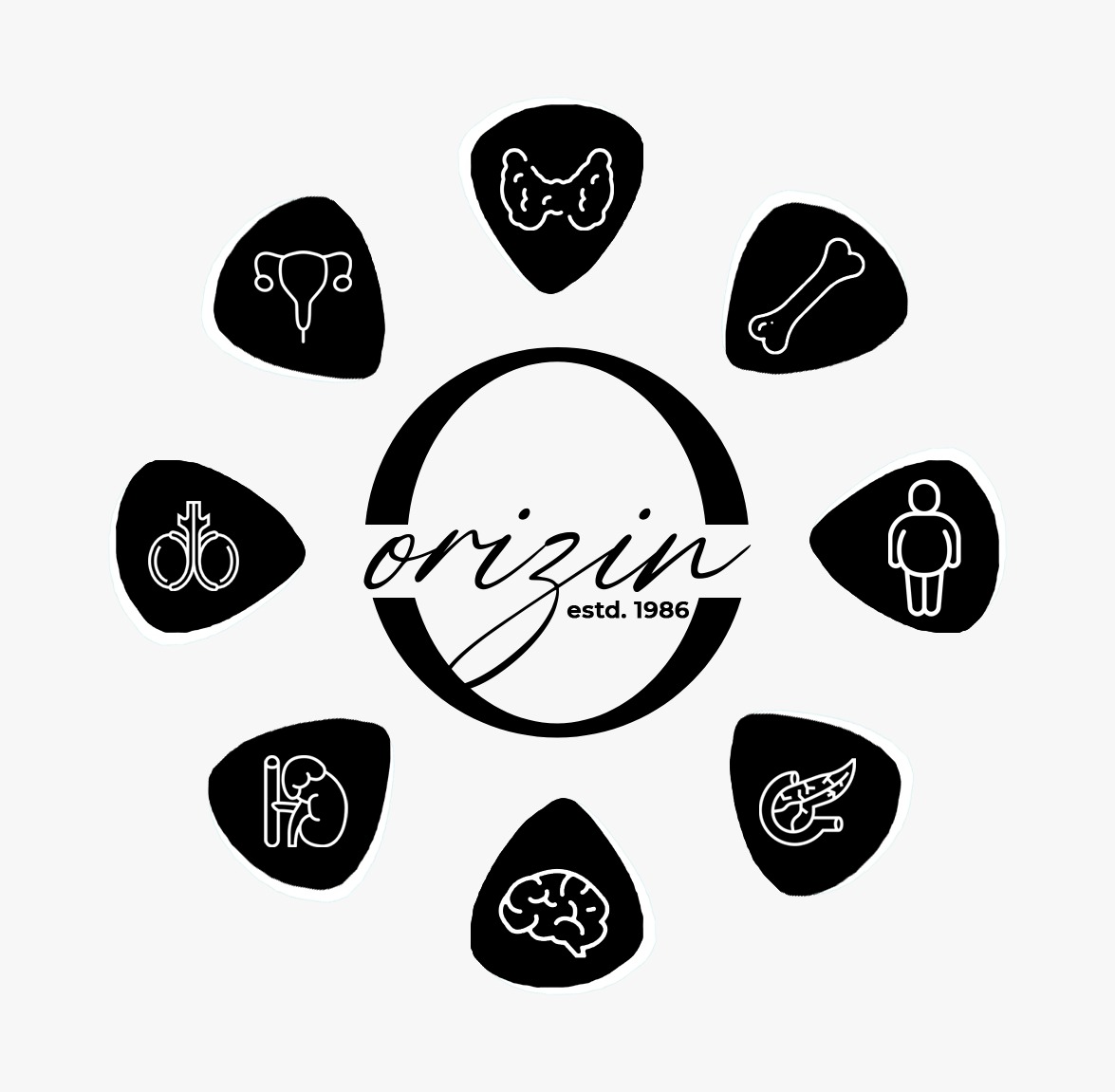Services

Endocrinologist
Hormonal Balance: Endocrinologists specialize in diagnosing and treating disorders related to hormones. These include conditions like diabetes, thyroid disorders, and hormonal imbalances that affect various bodily functions.
Comprehensive Testing: Endocrinologists use specialized tests to assess hormone levels and identify underlying causes of endocrine disorders. This may involve blood tests, imaging studies, or stimulation tests to evaluate glandular function.
Personalized Treatment Plans: Based on diagnostic results, endocrinologists develop individualized treatment plans. This may include medications, hormone replacement therapy, lifestyle changes, or surgical interventions to manage and improve hormonal health.

Geriatry
Specialized Care for Older Adults: Geriatrics focuses on the health and well-being of older adults, addressing the unique medical, social, and psychological needs associated with aging.
Multidisciplinary Approach: Geriatricians work closely with a team of healthcare professionals, including nurses, social workers, and therapists, to provide comprehensive care tailored to the individual needs of older patients.
Quality of Life: The goal of geriatric care is to optimize the quality of life for older adults by managing chronic conditions, preventing complications, and promoting healthy aging through personalized treatment plans and interventions.

General Physician
Primary Care Provider: General physicians serve as the first point of contact for patients seeking medical care, addressing a wide range of health concerns and providing routine check-ups, screenings, and preventive care.
Diagnosis and Treatment: General physicians are trained to diagnose and treat various acute and chronic illnesses, manage common medical conditions, and coordinate care with specialists when needed.
Holistic Approach to Health: General physicians focus on the overall well-being of their patients, emphasizing preventive measures, lifestyle modifications, and patient education to promote healthy living and disease prevention.

Metabolic Physician
Specialized Care for Metabolic Disorders: Metabolic physicians focus on diagnosing and managing disorders related to metabolism, such as diabetes, lipid disorders, and metabolic syndrome, which impact the body’s ability to process nutrients and energy.
Comprehensive Evaluation: Metabolic physicians conduct thorough evaluations, including laboratory tests and metabolic assessments, to identify underlying metabolic imbalances and develop targeted treatment plans.
Individualized Treatment Strategies: Based on diagnostic findings, metabolic physicians create personalized treatment strategies that may include medications, dietary modifications, lifestyle interventions, and ongoing monitoring to optimize metabolic health and prevent complications.

Pediatric Endocrinologist
Specialized Care for Children: Pediatric endocrinologists focus on diagnosing and treating hormonal disorders and growth issues in infants, children, and adolescents. They address conditions like diabetes, thyroid disorders, growth hormone deficiencies, and puberty-related concerns.
Expertise in Hormonal Development: Pediatric endocrinologists have specialized training in understanding the unique hormonal changes and growth processes that occur during childhood and adolescence, allowing them to provide tailored care for young patients.
Collaborative Approach to Care: Pediatric endocrinologists work closely with a multidisciplinary team, including pediatricians, nurses, dietitians, and psychologists, to provide comprehensive care that addresses both the medical and emotional needs of young patients and their families.

Nutrition Counselling
Personalized Dietary Guidance: Nutrition counseling involves working with a registered dietitian or nutritionist to develop personalized dietary plans tailored to individual health goals, preferences, and medical conditions.
Education and Empowerment: Nutrition counselors educate clients about the importance of balanced nutrition, portion control, and making healthy food choices to support overall health and well-being.
Lifestyle Modification: Through ongoing support and guidance, nutrition counseling helps clients implement sustainable lifestyle changes, overcome barriers to healthy eating, and maintain long-term dietary habits that promote optimal health and prevent chronic diseases

Plastic Surgery
Cosmetic and Reconstructive Procedures: Plastic surgery encompasses a range of surgical procedures aimed at enhancing aesthetic appearance, correcting physical deformities, and reconstructing areas affected by trauma, disease, or congenital conditions.
Specialized Expertise: Plastic surgeons undergo extensive training and certification to perform both cosmetic and reconstructive surgeries, utilizing advanced techniques and innovative technologies to achieve optimal results.
Personalized Treatment Plans: Plastic surgery consultations involve a thorough evaluation and discussion of individual goals and expectations. Surgeons develop customized treatment plans to address specific concerns, ensuring patient safety, satisfaction, and natural-looking outcomes.

Orthopaedics
Musculoskeletal Care: Orthopaedics focuses on the diagnosis, treatment, and prevention of conditions and injuries affecting the musculoskeletal system, which includes bones, joints, muscles, ligaments, and tendons.
Specialized Treatment Options: Orthopaedic surgeons employ a variety of treatment methods, including surgical and non-surgical interventions, to address orthopaedic issues such as fractures, arthritis, sports injuries, spinal disorders, and congenital conditions.
Comprehensive Care Approach: Orthopaedic care often involves a multidisciplinary approach, collaborating with physical therapists, rehabilitation specialists, and other healthcare professionals to provide comprehensive care tailored to individual needs, promoting recovery, mobility, and quality of life.

Endocrine Surgery
Treatment of Endocrine Gland Disorders: Endocrine surgery focuses on the surgical treatment of disorders affecting the endocrine glands, including the thyroid, parathyroid, adrenal glands, and pancreas, which produce and regulate hormones in the body.
Specialized Surgical Procedures: Endocrine surgeons perform specialized procedures such as thyroidectomy (removal of the thyroid gland), parathyroidectomy (removal of parathyroid glands), adrenalectomy (removal of adrenal glands), and pancreatic surgery to treat various endocrine-related conditions and tumors.
Collaborative Care: Endocrine surgery often involves collaboration with endocrinologists, radiologists, pathologists, and other specialists to ensure comprehensive evaluation, accurate diagnosis, and coordinated treatment planning for optimal patient outcomes.
